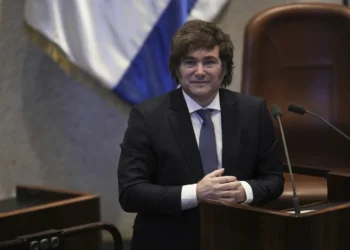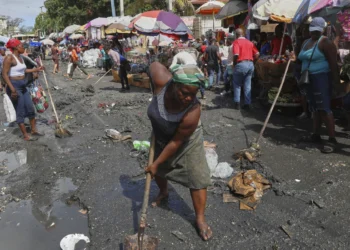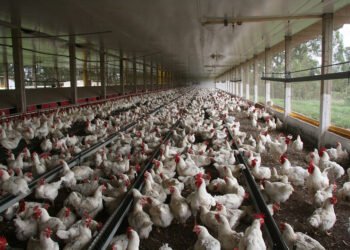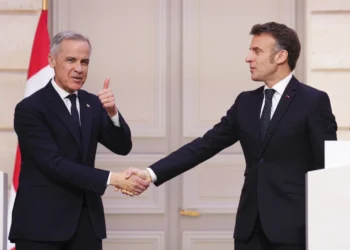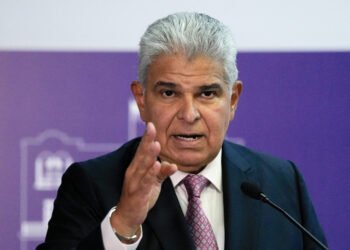Haiti is making tentative strides toward political stability, despite persistent challenges from gang violence and deepening insecurity, according to Maria Isabel Salvador, Special Representative and Head of the United Nations Integrated Office in Haiti.
Speaking to the UN Security Council from Port-au-Prince, Salvador highlighted the precarious nature of the political transition aimed at restoring democratic institutions. “At this crucial time, Haiti needs your continued support more than ever,” she said.
Efforts to organize a constitutional reform process and hold credible elections are underway, but Salvador stressed the importance of Haitian leaders overcoming their differences to achieve these goals.
Recent developments, including the appointment of a new Prime Minister in November 2024, have improved collaboration between the Transitional Presidential Council and the government. Additionally, the Provisional Electoral Council now includes four women among its nine members, a move Salvador called “an important step towards greater gender inclusion in the electoral process.”
Despite these advances, Salvador warned that “the transition framework remains fragile.” Internal divisions within the Transitional Presidential Council and external criticism have added strain. Allegations of corruption against three Council members have further fueled tensions, prompting some political actors to seek intervention from the regional bloc CARICOM for national dialogue.
Meanwhile, armed gangs continue to wreak havoc, particularly in the capital, Port-au-Prince. In November, gangs attacked commercial aircraft near the city’s airport, forcing its closure. They have also carried out brutal attacks, including the killing of 207 people in the Wharf Jérémie area of Cité Soleil.
The Haitian National Police (HNP), with support from the Multinational Security Support (MSS) mission led by Kenya, is working to combat the surge in violence. Salvador welcomed the recent deployment of 217 Kenyan police officers, alongside 150 Guatemalans and a team of eight Salvadoran troops.
However, the worsening security crisis has significantly impacted United Nations operations in Haiti. “In response to the suspension of flights to Port-au-Prince and widespread violence, the UN decided to temporarily reduce its footprint in the capital, while continuing to provide lifesaving assistance,” Salvador said.
She emphasized the UN’s commitment to scaling up its presence once conditions improve. The humanitarian situation remains dire, with over six million Haitians — nearly half the population — requiring aid.
Internally displaced persons now exceed one million, and food insecurity affects nearly 48% of the population, including two million in emergency conditions.
Salvador called on donors to support the 2025 Humanitarian Response Plan, which seeks $908 million to alleviate suffering and aid recovery.

Arms Trafficking and Organized Crime
Ghada Waly, head of the UN Office on Drugs and Crime (UNODC), also addressed the Security Council, highlighting the impact of illicit arms flows, drug trafficking, and corruption on Haiti’s stability. “Despite the reinforcement of the arms embargo, weapons and ammunition trafficking continue to flow into Haiti and into the hands of gangs,” Waly said.
She noted that while the drug trade remains a dominant illicit market, others, such as wildlife crime, are also flourishing. Waly pointed to evidence linking powerful Haitian political and economic figures to the trafficking of lucrative eel species, which are used to launder drug profits.
Waly underscored the need for enhanced regional cooperation, improved information sharing, and stronger institutional capacities to tackle organized crime. She reaffirmed the UNODC’s commitment to working with Haitian authorities and international partners to address the structural issues underpinning corruption and trafficking.
As Haiti navigates its political transition, the international community faces a critical decision: to continue supporting the nation’s fragile progress or risk exacerbating its humanitarian and security crises.
Salvador’s plea to the Security Council serves as a reminder of the urgent need for coordinated global efforts to stabilize Haiti. Without decisive action, the country’s tentative gains risk being undone by violence and political discord.
READ ALSO: Dysfunctional Legacy of Patronage Politics Thwarting Ghana’s Development




